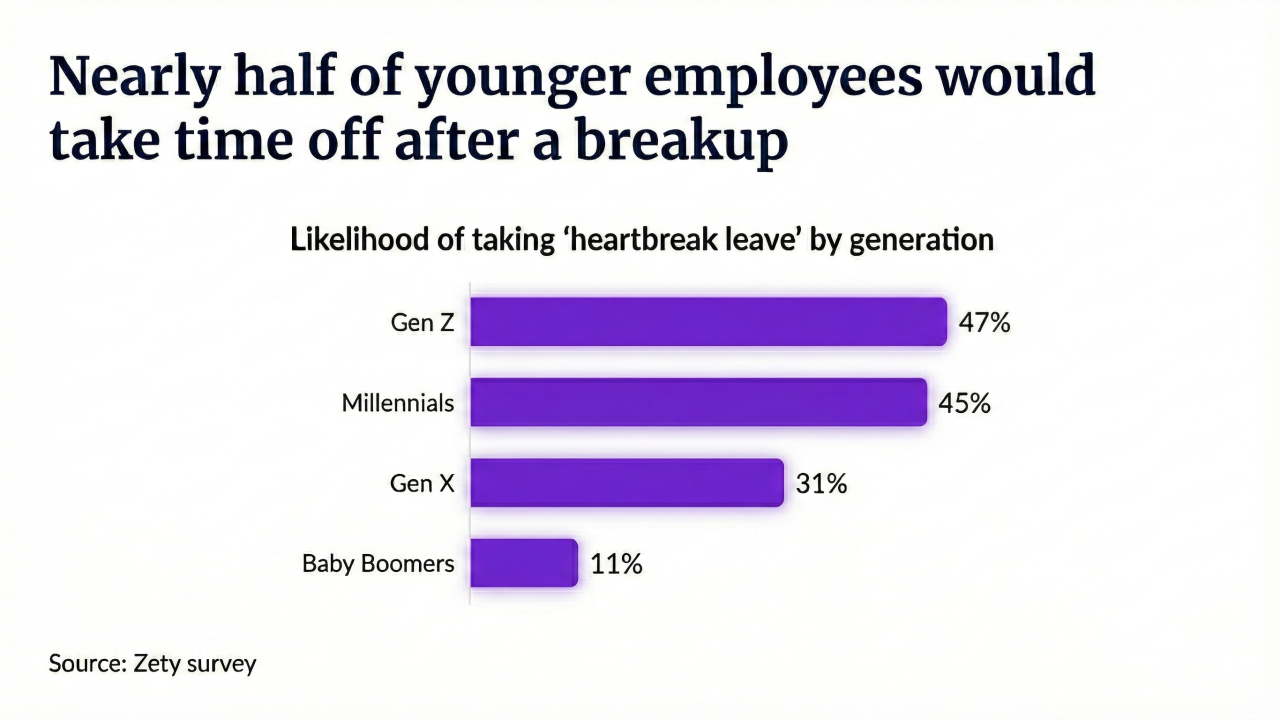Fridays landmark ruling on gay marriage could pose both challenges and benefits to employers, as the U.S. Supreme Courts decision irons out the patchwork system of laws across the country, but brings up new questions on current domestic partnership policies.
In a 5-4 ruling, the court determined that states must issue marriage certificates to same-sex couples, as well as recognize same-sex marriages performed in other states.
The nice benefit for employers is the decision will help simplify benefits since all spouses will be treated uniformly, says Tami Simon, managing director for Buck Consultants at Xerox. Were all sort of happy, because we believe itll allow for easier administration and hopefully turn into some savings for employers.
Also see:
The nation's top employers will be relieved to be able to treat their employees uniformly, regardless of where they live or work, says Annette Guarisco Fildes, president and CEO of the ERISA Industry Committee.
ERIC supports the uniformity of common employee benefit rules and policies across the country, as its members operate and provide benefits to their employees in all 50 states, she adds. Today's decision helps our industry with that federally needed consistency.
Going forward
Bucks Simon says with Fridays ruling, she sees a linear approach in how employers should strategize what to do next.
The impact of the decision is going to depend on whether the employer is private or public, as well as whether its insured or self-insured, she says.
Public employers such as state and local governments are going to be required to recognize same-sex spouses and be required to treat them like opposite-sex spouses for benefits purposes.
Private employers, however, she says, are in a slightly different scenario. While private employers are not required to recognize same-sex spouses or provide equal treatment, she cautions they could still face litigation alleging sex discrimination under Title VII of the Civil Rights Act of 1964.
Also see:
In addition, she points to the Equal Employment Opportunity Commissions recent announcement that LGBT individuals can bring valid claims under Title VII.
So plans that provide for opposite-sex spouses, but exclude same-sex spouses are going to be at increased risk of challenges, she says.
Insured plans will have to comply with state law, she says. Self-insured employers, however, are not required to comply with state and local laws affecting plan administration because ERISA exempts those laws, she says, and those employers may have more flexibility to choose not to offer coverage to same-sex spouses.
But, and this is a big but, plans that dont offer benefits to same-sex spouses are going to be at the increased risk of claims for sex discrimination, she says, adding that most think employers wont do that.
As for retirement benefits, she says plans wont see much of a change. To the extent that the decision spurs more marriages, naturally there will be more spouses to cover, she says.
Its also important for employers to examine how they currently impute income on same-sex benefits, says J.D. Piro, national practice leader in the health law group with Aon. Its just a question of state practices catching up with the law now, he says. [Employers should] just ensure theyre not going to impute income from that state income tax coverage anymore.
Domestic partnerships
The only additional item for consideration, says Piro, is that some employers may consider dropping domestic partner coverage for unmarried workers of both same-sex and opposite-sex couples.
Domestic partner benefits started in the 1990s because same-sex marriage wasnt legal and it was a way for employers to standardize the coverage of partners who could not get married, says Piro. Now that same-sex marriage is legal across the country, the question will be do you still need the domestic partner benefits?
And thats going to be a judgment call for the employer, he notes. But theres a real question now, for some companies, as to whether theyre going to continue to offer domestic partner benefits. And it really is a question for each employer.
Also see:
With no legal barriers to same-sex marriage, its likely that many employers will eliminate their benefits for unmarried partners, which are complex administratively due to tax and other reasons, predicts Todd Solomon, a Chicago-based partner with McDermott Will & Emery.
In the event employers do wish to eliminate such benefits, a key consideration is timing, he adds. Many employers will likely offer a grace period, of several months or one year, during which an employee can get married before having their partner dropped from the employer's benefits.
With additional reporting from Andrea Davis.





